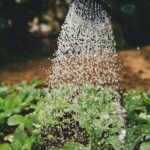
AGROvila. O projeto que quer aproximar a agricultura familiar dos consumidores
Led by the Polytechnic Institute of Coimbra, the AGROvila project aims to promote and shorten circuits with the support of a national digital platform accessible
Through the app, the aim is to promote dietary diversification and increase awareness of cultivating and consuming more underutilized crops, such as legumes, cereals, and vegetables.
The European research project RADIANT – Realizing Dynamic Value Chains for Underutilized Crops has launched the RADIANT APP, a free application that facilitates and strengthens direct dialogue between producers, consumers and researchers on the cultivation and consumption of underutilized crops in Europe, including legumes, cereals and vegetables.
Now, farmers and consumers can exchange information and knowledge, contributing to community involvement, the creation of “Dynamic Value Chains” (DVCs) and the fight against the agricultural paradigm of monoculture and industrialized agriculture.
“By betting on this application, the project’s research team is taking a significant step forward in promoting sustainability and food diversification, hoping that this tool will help raise awareness and empower the global community about the benefits of underutilized crops,” reads the press release.
The new app offers marketplace and chat forum services, data on nutritional benefits, recipes, growing methods and efficient use of resources, notifications and news updates on best practices, events and scientific research results, as well as educational resources, particularly to promote environmental sustainability and human health in schools.
Led by the Portuguese Catholic University in Porto, the project involves 29 public and private entities from 12 European countries – Portugal, Slovenia, the United Kingdom, Hungary, Spain, Greece, Italy, Germany, Ireland, Bulgaria, the Netherlands and Cyprus – and has a partnership with the Food and Agriculture Organization of the United Nations (FAO).
With an expected duration of 4 years, the project also aims to identify solutions to increase the cultivation of these crops and strengthen their integration into profitable and resilient value chains.
“RADIANT explores traditional varieties that promote environmental sustainability and human health, combining climate neutrality and the resilience of the agricultural system by reducing greenhouse gas emissions,” Marta Vasconcelos, a researcher at the Center for Biotechnology and Fine Chemistry (CBQF) and leader of RADIANT, said in a statement. “The main objective of this new application that we are launching at an European level is to boost communication between producers and consumers, so that there is greater awareness of growing and consuming more underutilized crops, such as legumes, cereals and vegetables,” she adds.
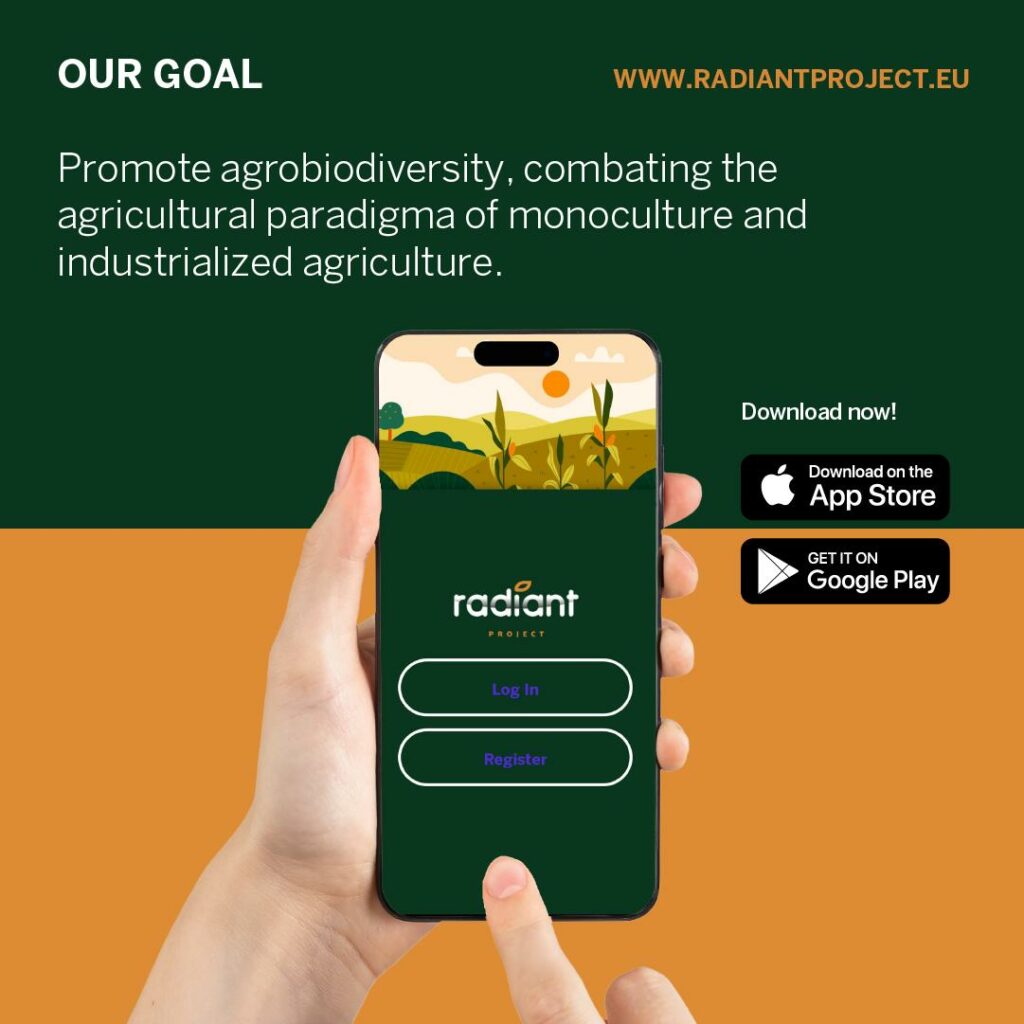
In the first two years of the European project, the researchers have carried out various actions to raise awareness among the community and government bodies of the benefits of traditional foods, highlighting their nutritional value and addressing concerns associated with global overpopulation and possible food shortages.
Funded by the European Commission’s “Horizon 2020” program, the project has 20 pilot farms – “AURORA farms” – covering different agro-ecologies across Europe, where good practices will be tested and demonstrated. In Portugal, there are two AURORA farms: BioFontinhas, in the Azores, and Freixo do Meio, in the Alentejo.
“To carry out the project, 45 participatory farmers will also be recruited to facilitate the integration of these underutilized crops, carrying out adaptive management of agrobiodiversity using tools developed by the project itself,” reads the project’s website.
“We aim to demonstrate successful transitions to inclusive agrobiodiversity systems, improving the competitiveness of underdeveloped crops and testing sustainable agricultural practices,” explains the researcher. According to Marta Vasconcelos, crops such as lentils, peas, different varieties of beans, traditional fruit trees and millet “are valuable due to their high nutritional value, resistance to hostile environments and poor soils, and efficient use of water”.
The RADIANT APP is available for iPhone and Android for anyone interested in promoting a more sustainable and diverse future.


Led by the Polytechnic Institute of Coimbra, the AGROvila project aims to promote and shorten circuits with the support of a national digital platform accessible
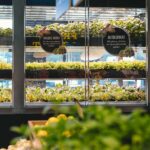
SweGreen’s farming solution eliminates the use of synthetic chemicals, reduces water consumption by 99% and eliminates the transportation phase. SweGreen is a Swedish startup that
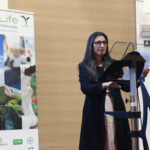
ANIPLA (National Industry’s Association for Plant Protection)has announced a change in its identity and image. It has now become CropLife Portugal – Science Industry’s Association
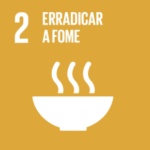
This article deals with an action that actively contributes to the eradicate hunger, achieve food security, improve nutrition and promote sustainable agriculture. This SDG also aims to ensure that all people have access to safe, nutritious and sufficient food all year round.
 To discover businesses that are actively working to contribute to this Sustainable Development Goal, click here.
To discover businesses that are actively working to contribute to this Sustainable Development Goal, click here. To read news, interviews or tips related to this Goal, click here.
To read news, interviews or tips related to this Goal, click here. Want to know more about the 17 United Nations Sustainable Development Goals? Click here
Want to know more about the 17 United Nations Sustainable Development Goals? Click hereEsta publicação também está disponível em:
![]() Português (Portuguese (Portugal))
Português (Portuguese (Portugal))